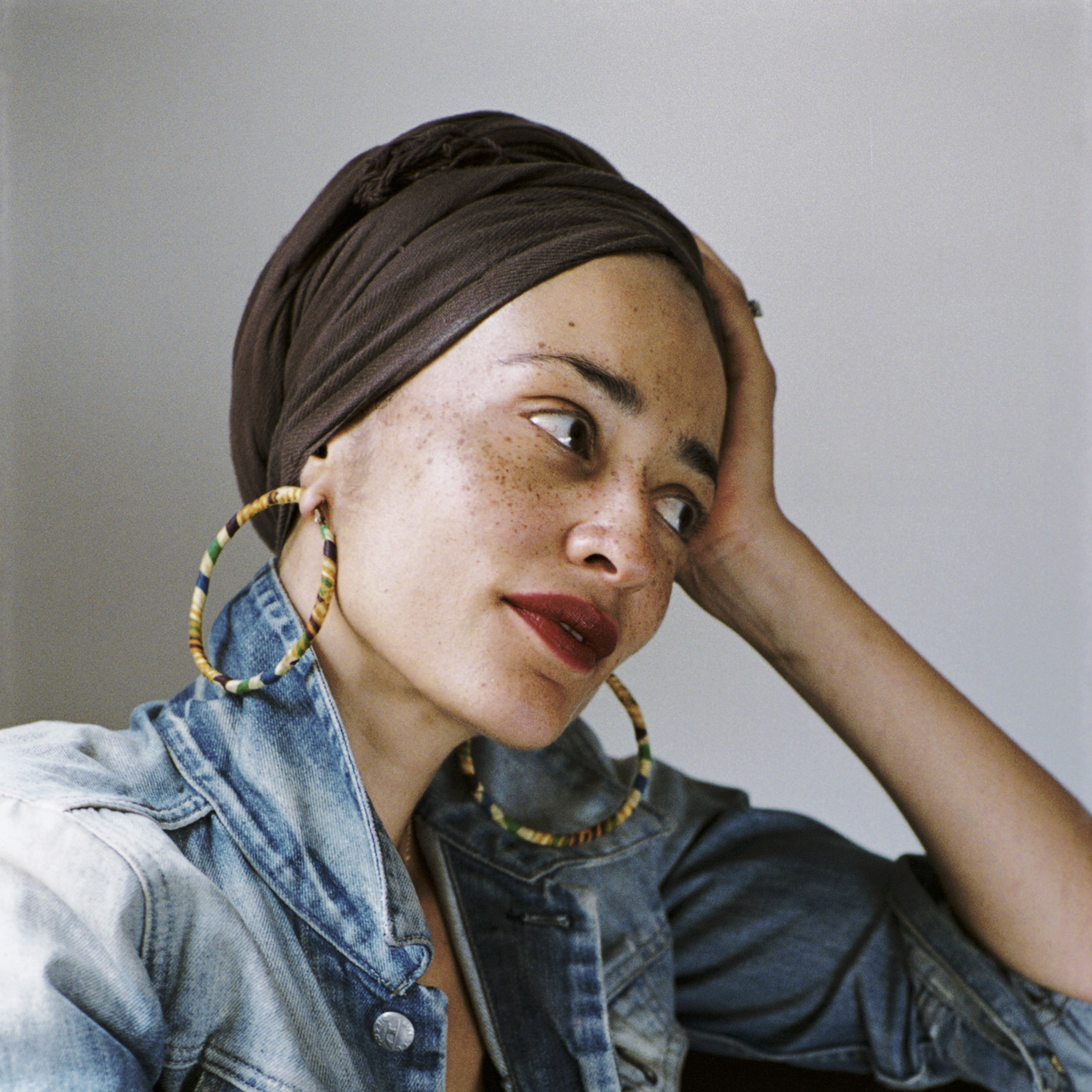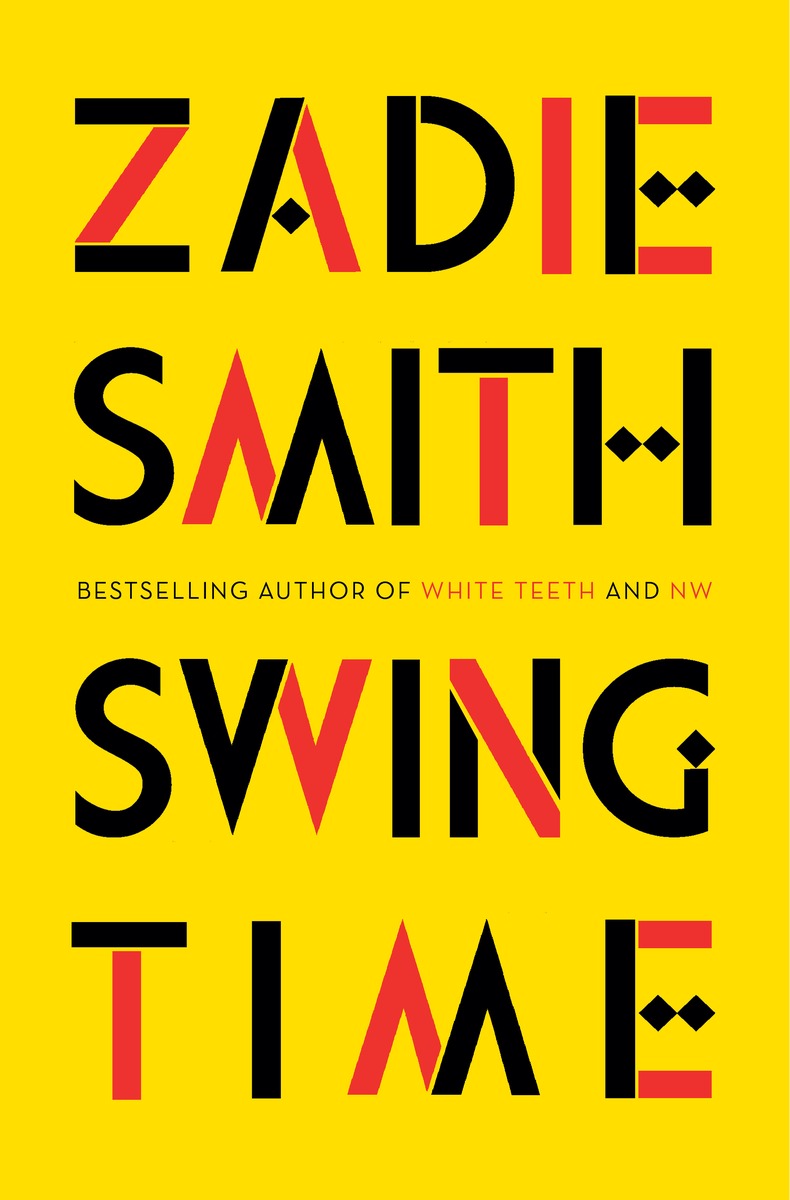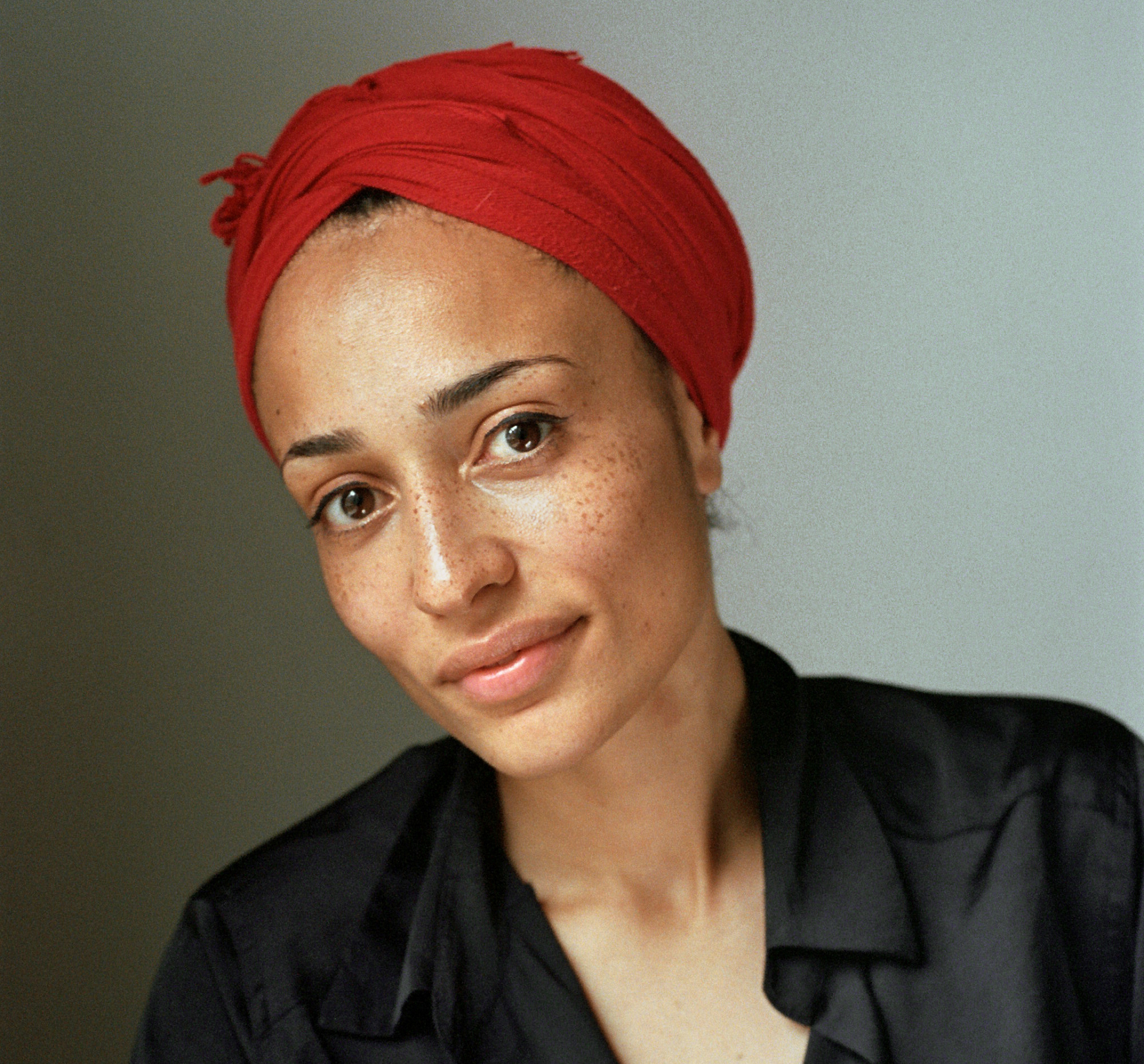A Conversation with Zadie Smith
Award-Winning Author Talks Latest Book, ‘Swing Time’

British writer Zadie Smith burst onto the literary scene in 2000 with the release of her enthralling novel White Teeth, which she completed in her last year at Cambridge University. Since then, the author has written numerous essays, nonfiction pieces, and four more novels — including The Autograph Man, NW, and On Beauty — and won a host of literary awards. On November 29, Smith will appear in conversation with Pico Iyer as part of UCSB’s Arts & Lectures Speaking with Pico series. Smith spoke recently with the Santa Barbara Independent about her latest book, 2016’s Swing Time.
One of the central characters in Swing Time finds herself caught unawares by adolescence and has a tough time finding her place and her tribe. Did you have a similar experience? To be honest, I was very confounded by puberty. I just wasn’t on board with the whole thing. I wasn’t into the goth scene as the girls in Swing Time are. I had a couple of close girlfriends, but most of the time I was reading and inside my own head. I think I read all of Shakespeare by the time I was 15, 16. I was really just a reader. I didn’t have any natural place to be.

The narrator of Swing Time is never identified by name. Why is that? In a way, I wanted to work against the contemporary grain, as Kafka often did when he identified characters by a single letter. The narrator in Swing Time is someone, for sure, but she is also a kind of no one.
The mother of the narrator is a fiercely intellectual and determined person, but when it comes to domestic life she’s rather hopeless. Is there any aspect of you in her? Yes, or at least my own mother thinks so! Actually, I’m quite efficient in my domestic life, and thankfully I’ve gotten better at it since having my own children. The narrator’s mother is my hypothetical worst fear and warning to myself.
Another character in Swing Time, Aimee, is a pop icon turned philanthropist who is building a school for girls in an African village. She seems the quintessential Western liberal, well intentioned and earnest, but with a short attention span. Talk about her. I have mixed feelings about such people. On the one hand, I admire people who get up and do things in the world because they are so different from me. I’m a much more passive person. When I think about Aimee I think of the physician’s adage to do no harm. That’s not easy to do in our complex, contemporary society. Even though I don’t set out to, by the time this day is through I will have done some harm, just by buying clothing, food, or driving a car. I don’t have any answers for this problem.

With regards to the village, you wrote, “Power had preyed on weakness here: all kinds of power — local, racial, tribal, royal, national, global, economic — on all kinds of weakness, stopping at nothing, not even the smallest girl child. But power does that everywhere.” Right. That’s my experience. I’m not interested in moral arguments about people. What I think is that without a structure of laws there’s no brake on average, everyday human venality. The bankers who crashed the world economy less than 10 years ago were not necessarily bad people, but they operated in a structure that rewarded the most venal behavior, the most venal instincts.
England has recently experienced Brexit, terrorist attacks, and Boris Johnson, and in America we have Donald Trump. How are you feeling about these times? I’m a little sad, actually. My mind has been changed. I’ve lived in America for 15 years, and I’m no longer amazed or stunned by what goes on. That really depresses me. For instance, I don’t imagine that you will have reasonable gun laws anytime soon. I begin to get scared, personally scared, which is a craven and cowardly thing to admit. But I do feel that way.
411
UCSB’s Arts & Lectures presents Zadie Smith in conversation with Pico Iyer Wednesday, November 29, 7:30 p.m., at Campbell Hall, UCSB. Call 893-3535 or visit artsandlectures.ucsb.edu.



